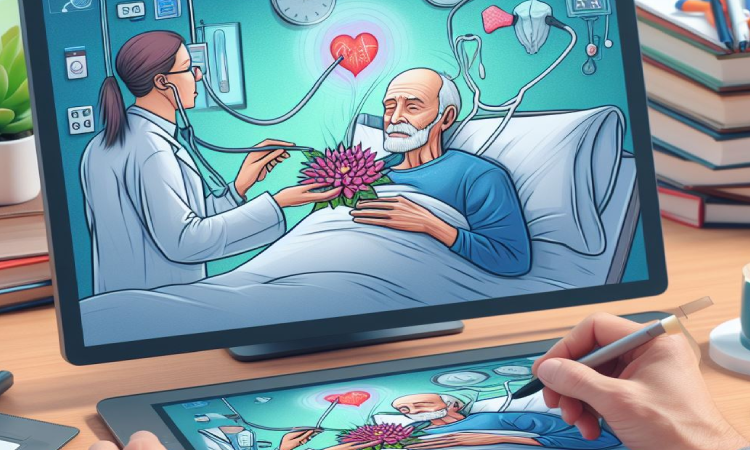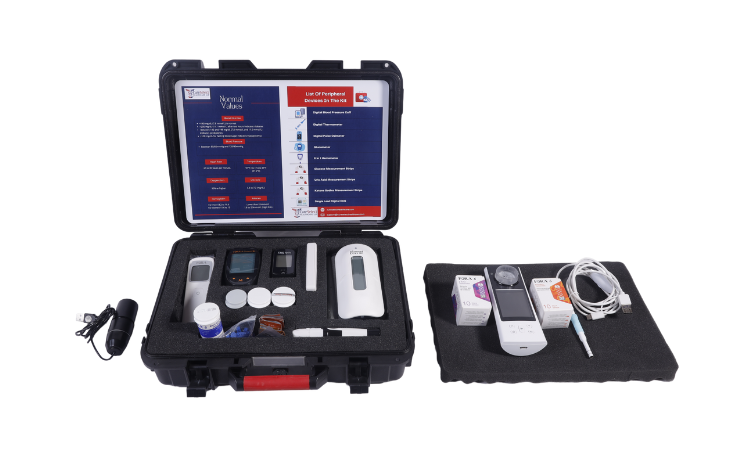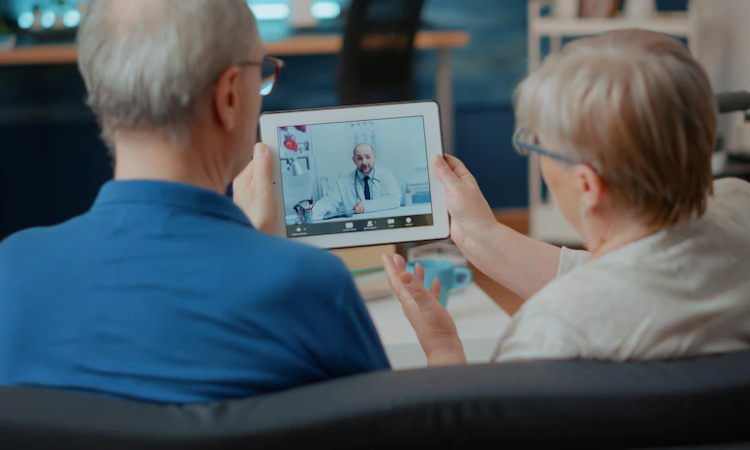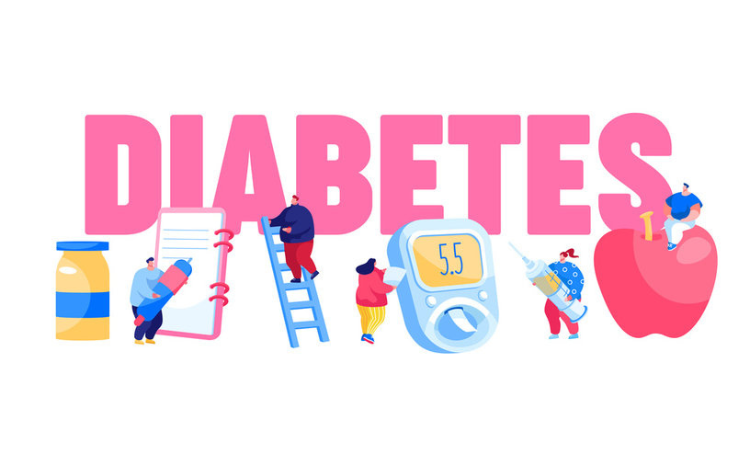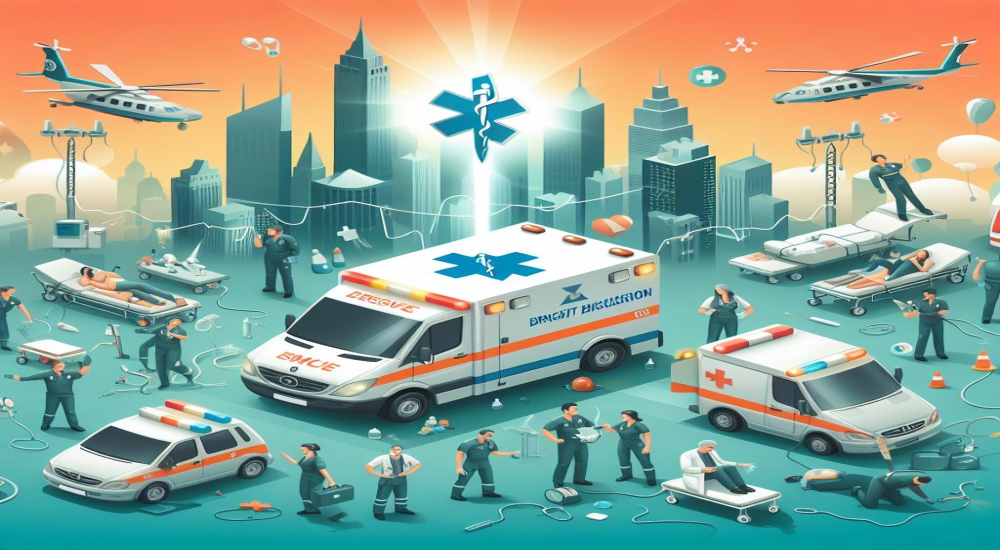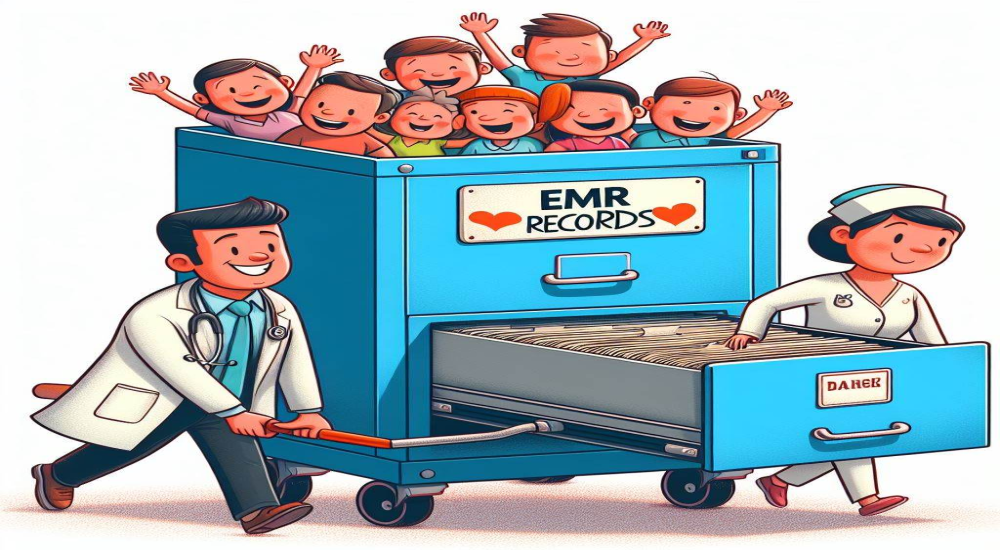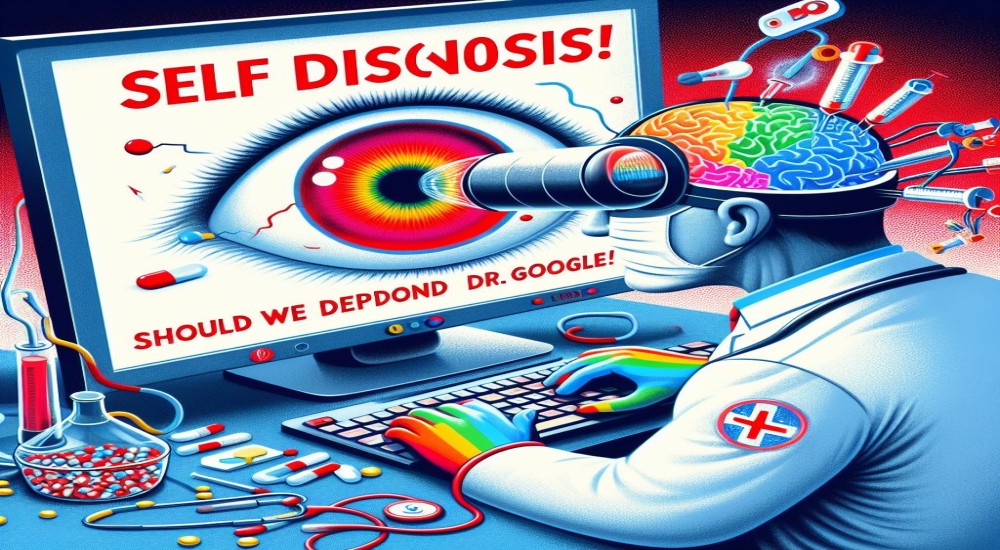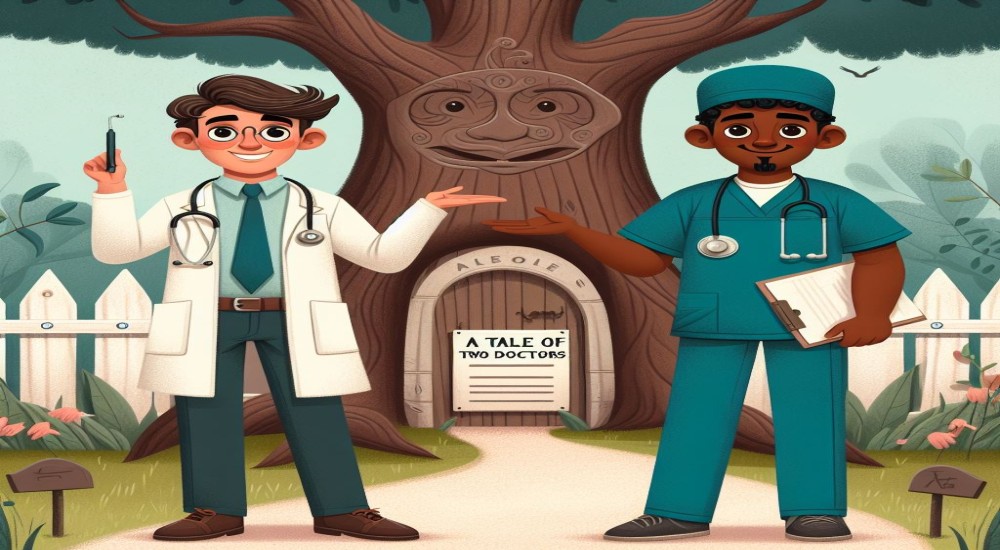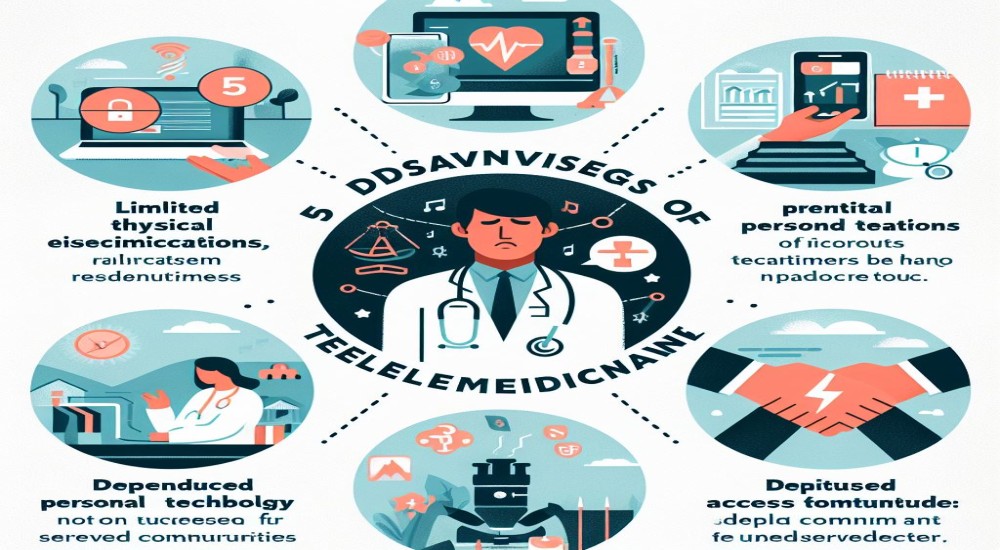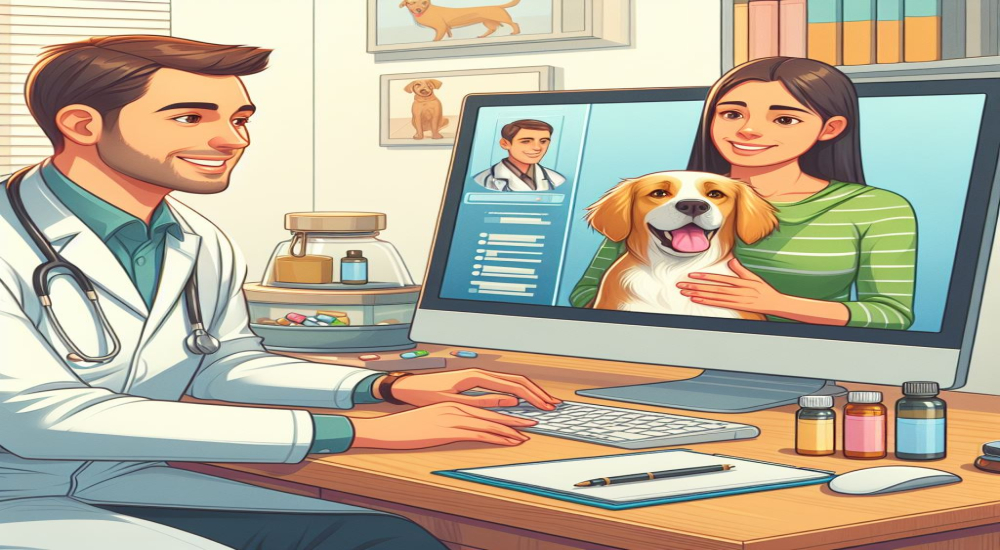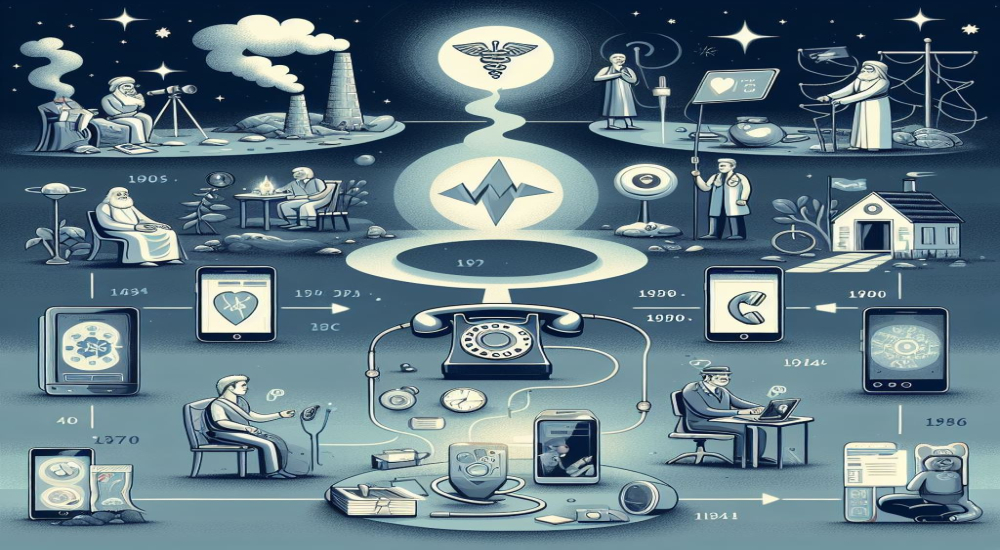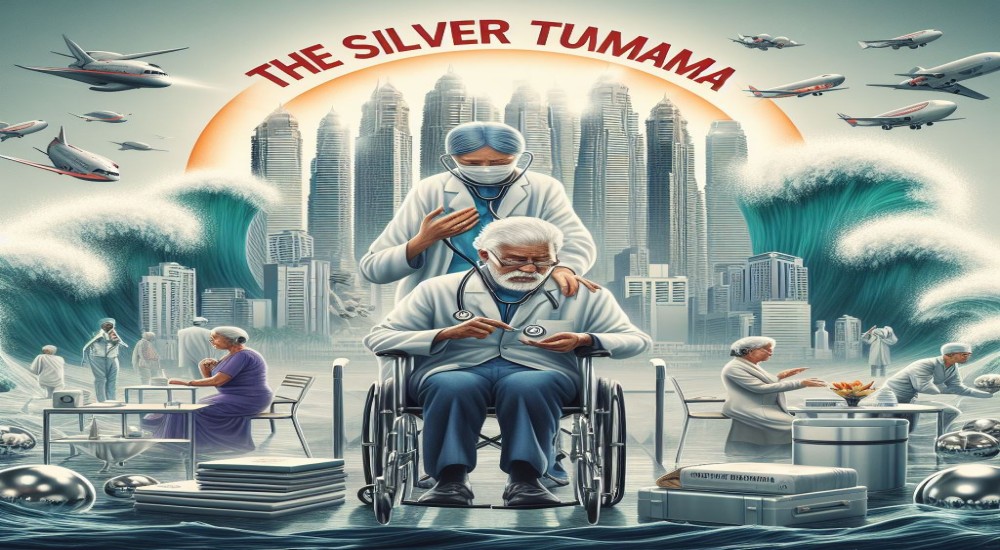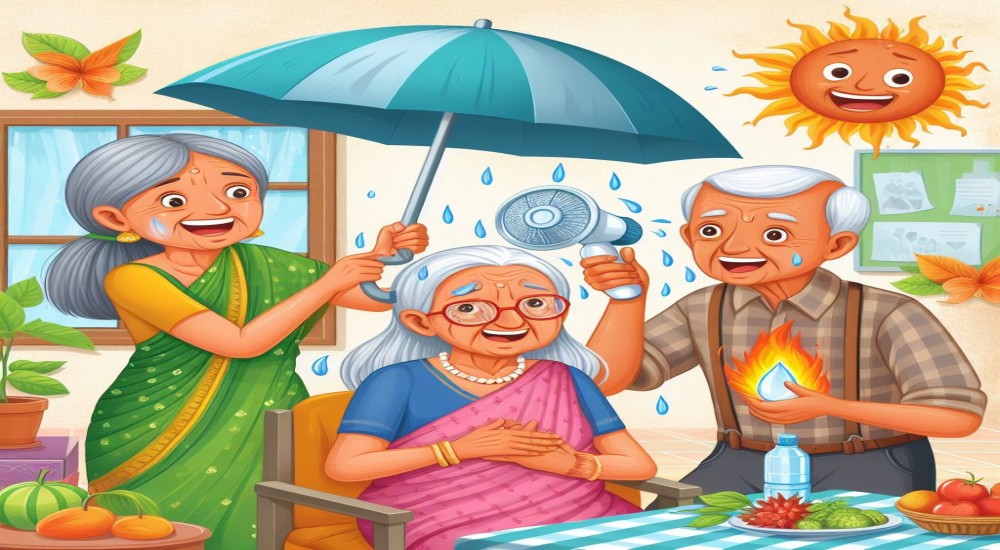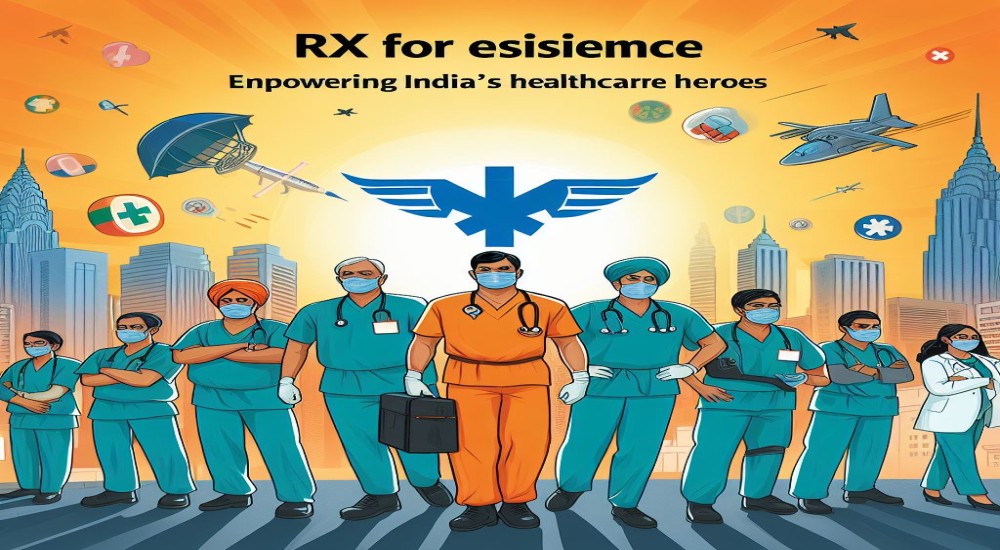Connecting Palliative Care to the Digital World.
Unless you've been living under a rock you know that there has been a large amount of hubbub about digital medicine, Telehealth services, and Telemedicine in recent years. With the widespread use of computers and smartphones and the massive proliferation of the internet, it only made sense for most services and companies to migrate to a digital business model. This change has been driven in part by financial considerations and partly by customer/user demands for speed and ease of access. The COVID pandemic only served to accelerate that shift by moving everything from shopping, education, teaching, deliveries, streaming, and work, to healthcare online.
Now the healthcare industry has embraced technology and digitization (reluctantly in some cases) as the way to move forward. With resources being scarce and the demand being high doctors and patients found that online consultations were a godsend, in fact, hospitals around the world are creating dedicated resources and investing in the hardware and infrastructure required for being digitally enabled. The healthcare industry has seen a revolution, with software and manufacturing companies clamoring to provide applications, software, medical devices, remote patient monitoring, and AI-based analysis of patients and diseases.
In this modernization of medical care, an important field has remained untouched like a plant in your garden that you keep forgetting to water. This is palliative care, a field of medicine that needs the involvement of specialists from multiple disciplines. So what is this palliative care and why has it yet to advance as quickly as the other branches of medicine?
Palliative Care: The basics!
Palliative care is the comprehensive end-of-life care given to patients who are terminal, this field of medicine has multiple aspects and is a holistic care model for the patient that takes into account their physical, social, psychological and spiritual well-being. This can be a bit of a problem in a healthcare system that is already reeling under poor infrastructure and insufficient staffing. Palliative care is handholding the patient in the end stages of their lives so that they can live out their last days in dignity and with minimal pain. The aims and ideals guiding palliative care specialists differ from those of doctors and nurses who treat general patients.
Palliative care patients may need around-the-clock care and also suffer from multiple illnesses and issues simultaneously. This makes taking care of them all the more difficult and can be a burden on the limited resources at a hospital. So looking after patients who cannot be cured does not seem like a very lucrative job.
The Uniqueness of Palliative Care
When we think of patients, hospitals, and doctors, we usually think about giant facilities and cutting-edge treatments given by serious men and women in white coats. But there is one thing that we don't really think about, and that is the chance that the disease or condition can't be treated or cured. We expect that expensive medicines and doctors will make us better and it's not really wrong of people to expect that, very rarely do people think about end-of-life care or the possibility that they might get an incurable disease. This is in fact not unique to patients, doctors also get trained to treat and cure diseases all through their professional lives so, to step back and admit defeat is anathema to them.
In the world of palliative care, the comfort and well-being of the patient take center stage. This means that a treatment or therapy that is causing them pain, while being effective can be stopped so that their quality of life and the dignity of the patient can be maintained. Palliative care has the distinction of focusing on the holistic well-being of patients. When it comes to end-of-life care, the patients are not necessarily old people, many children with cancers or incurable diseases require support and care as well. Providing palliative care for terminal children can place a huge mental burden on the caregiver as well as the patient's loved ones.
Most of the time EMTs have to work with limited resources and in unfavourable locations. But imagine that they were helped in their efforts by a doctor located remotely, their burden would become lesser and the level of care they can give to their patients would increase exponentially. The key takeaways are:
WHAT ARE THE WAYS TO IMPROVE PALLIATIVE CARE
- Increasing access to care: Ensuring that patients and their families have access to palliative care services, regardless of where they live, can help to improve the quality of care. This can be achieved by expanding the availability of palliative care services, particularly in rural and underserved areas.
- Improving communication and coordination: Effective communication and coordination among healthcare providers is critical to ensuring that patients receive the appropriate care and treatment in a timely manner. Telemedicine can facilitate virtual consultations between patients and physicians and help to improve communication and coordination.
- Providing early palliative care: Palliative care should be initiated as soon as possible after a serious illness is diagnosed, rather than being delayed until the end of life. This can help to improve symptom management and quality of life for patients and their families.
- Addressing social determinants of health: Palliative care should take into account the social determinants of health that may impact a patient’s access to care, such as poverty, race, and language barriers. By addressing these factors, palliative care providers can better meet the needs of patients and their families.
- Emphasizing patient and family-centered care: Palliative care should focus on meeting the physical, emotional, and spiritual needs of patients and their families. This can include involving patients and families in decision-making and providing emotional and psychological support.
- Education and training for healthcare providers: Ensuring that healthcare providers have the necessary knowledge, skills, and tools to provide high-quality palliative care can help to improve the quality of care for patients and their families.
- Breaking Stigma: Breaking the stigma around palliative care and making it more accessible to patients and their families can help to improve the understanding and acceptance of palliative care.
- Investing in research: Investing in research to develop and evaluate new treatments, interventions and technologies can help to improve the quality and effectiveness of palliative care.
All of these require a large commitment of time, resources and manpower that is usually not available, especially in poorer countries and societies. This is where the flexibility and power of digital health solutions and telemedicine can be leveraged to help fill the void in an easy and affordable manner.
DIGITAL HEALTH AS AN ASSISTIVE TOOL
Digital health solutions and telemedicine have the potential to greatly advance the field of palliative care. Palliative care is specialized medical care that focuses on relieving the symptoms, pain, and stress of serious illnesses. The goal of palliative care is to improve the quality of life for patients and their families.
One of the main ways in which digital health solutions and telemedicine can help advance palliative care is by improving access to care. Many patients in need of palliative care live in remote or underserved areas and may not have access to specialized medical care. Digital health solutions and telemedicine can bridge this gap by allowing patients to receive care remotely through virtual consultations and remote monitoring.
Another way in which digital health solutions and telemedicine can help advance palliative care is by improving communication and coordination among healthcare providers. Telemedicine can facilitate virtual consultations between patients and physicians, allowing for more efficient communication and better coordination of care. This can help ensure that patients receive the appropriate care and treatment on time.
Digital health solutions can also help palliative care providers to monitor patients remotely, which can help them to identify changes in symptoms or deterioration in a patient’s condition, and respond accordingly. This can help to ensure that patients receive timely interventions and avoid unnecessary hospital visits. Digital health solutions can also help patients and caregivers to manage symptoms and improve their quality of life through the use of digital tools such as symptom-tracking apps, education, and support resources.
A SUSTAINABLE PALLIATIVE CARE MODEL
A sustainable palliative care model would be one that is able to meet the needs of patients and their families while also being financially and operationally sustainable over the long term. There are several key elements that could be incorporated into a sustainable palliative care model:
- Integrated care: A sustainable palliative care model would integrate palliative care services with other healthcare services, such as primary care and hospice care, to ensure that patients receive seamless and coordinated care throughout their illness. This can be achieved easily by connecting these services on a digital platform and offering them to both caregivers and patient.
- Community-based care: A sustainable palliative care model would provide care in the community, rather than relying solely on hospital-based services. This can help to reduce costs and improve access to care for patients and their families. Using mobile applications that give out contact information about nearby health facilities and also spread knowledge about common scenarios and techniques used in palliative care, regular people can help others in their neighborhoods.
- Telehealth and remote monitoring: A sustainable palliative care model would make use of telehealth and remote monitoring to provide care remotely, which can help to reduce costs and improve access to care for patients in remote or underserved areas. This means that multiple specialists can connect on the same call and that patients with specialised needs can be treated at home by doctors.
- Funding and reimbursement: A sustainable palliative care model would need to be financially sustainable, which can be achieved through a combination of government funding, private insurance reimbursement, and philanthropic support.
- Data-driven: A sustainable palliative care model would rely on data and evidence-based practices to inform decision-making, evaluate program effectiveness, and improve the quality of care. Using remote monitoring applications for creating, maintaining, and analyzing patient data can help preempt diseases and worsening symptoms.
- Education and Training: Continual education and training of healthcare providers and caregivers would ensure that they have the necessary knowledge, skills and tools to provide high-quality palliative care.
- Breaking Stigma: A sustainable palliative care model would break the stigma around palliative care and make it more accessible to patients and their families, which can help to improve the understanding and acceptance of palliative care.
AN EFFECTIVE TOOL WHEN HARNESSED PROPERLY
Palliative and end-of-life care can benefit from telemedicine and remote health monitoring because it allows patients and their caregivers to access medical care and support from the comfort of their own homes. This can be especially beneficial for patients who are unable to leave their homes or have difficulty traveling to medical appointments. Telemedicine can also improve communication and coordination between patients, caregivers, and healthcare providers, which can lead to a better quality of care and patient outcomes. Additionally, remote health monitoring can allow healthcare providers to closely monitor patients' symptoms and conditions, which can help them make more informed decisions about treatment and care. Overall, telemedicine and remote health monitoring can help improve the quality of care for patients at the end of life, and can also make the caregiving experience more manageable and less stressful for patients and their families.
